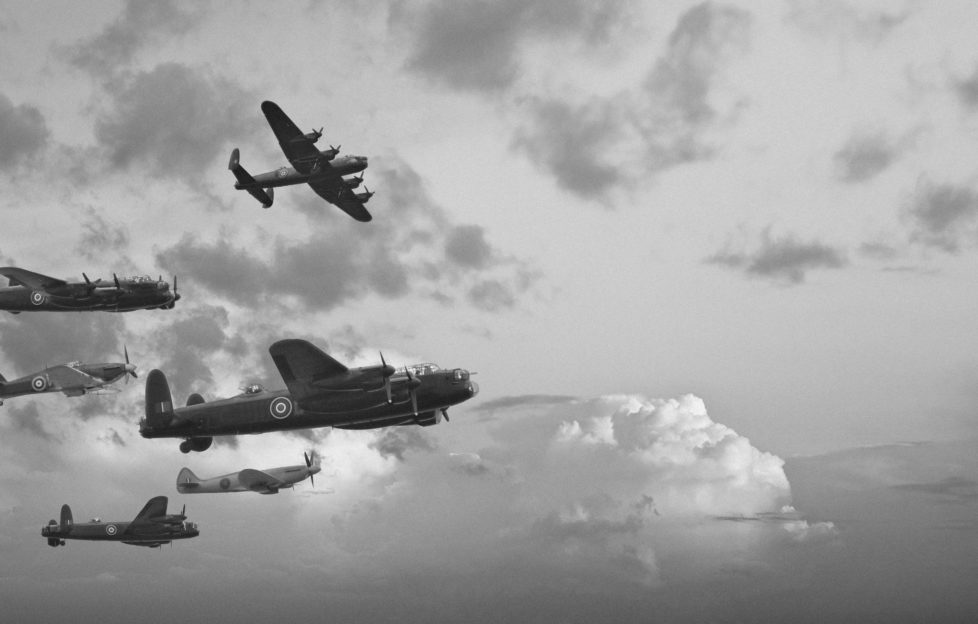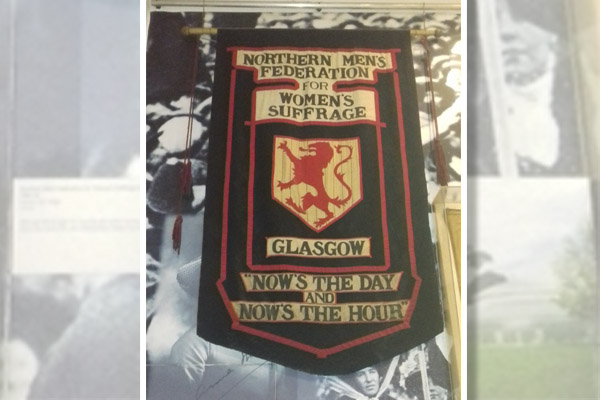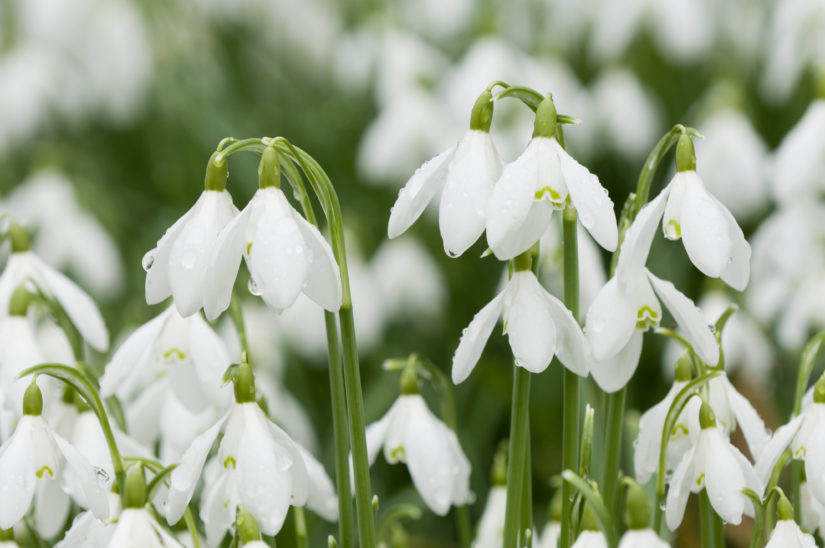World War II Poetry: From Our Archives

All of us will be familiar with the World War II poetry that went on to define the experience of a generation.
But recently, these less-well remembered poems from those dark years were discovered in our Archives.
Both of these focus on the Home Front.
Women in World War II Poetry
“Our Women” was published in the “Friend” in January, 1943.
It focusses on one of the new roles of women in this changed society: as factory workers.
The National Service Act of December 1941 legalised the conscription of women for war work.
At first, only single women, aged 20-30 were called up.
But by 1944, a third of the civilian population were engaged in war work, including over 7 million women, according to the Imperial War Museum.
Almost a million of those would have been working in munitions factories, making shells and bullets to support the war effort.
Our Women
Well, I never thought to see it: women pouring through the gate
And hurrying down the hallway lest the clock shall mark them late,
The women of the country at the factories carrying on
In the places of their menfolk who to freedom’s war have gone.
That’s a prettier box they carry than the ugly thing of tin
Which the men for years have toted, and a daintier lunch within.
But they tell me once they’ve practised and have learned the methods through
They are keeping up production as their menfolk used to do.
I watch them in the morning and I watch them homeward bound,
And I think as they go by me, here is pluck which won’t be downed!
Here is pure determination! Here are women brave and true
In the places of their menfolk who have bitterer work to do.
E.A.G.
Encouragement in World War II poetry
“We’re At War”, written by the same author, appeared in the “Friend” in February 1943.
It was a call to all to remain cheerful and brave.
As well as portraying the horrors of war, poetry remained an important means by which writers could share encouragement and cheer with those impacted by the conflict.
We’re At War
Bear the hardships with a grin!
We’re at war!
Is your coat a trifle thin?
We’re at war!
Less of sugar in the tea?
Longer stay-at-homes are we?
Then contented let us be,
We’re at war!
Keep the twinkle in the eye!
We’re at war!
What if taxes seem too high?
We’re at war!
Must the mother darn the hose?
That’s one flaw which never shows.
Also everybody knows
We’re at war!
Let us keep the grumbling down.
We’re at war!
It takes little pluck to frown.
We’re at war!
Against those who do and dare
And the bitter fighting bear,
Very little seems our share,
We’re at war!
Now’s the time for being brave!
We’re at war!
If we’re forced to scrimp and save,
We’re at war!
No use grumbling; frettin’s vain
Back once more to living plain,
Let’s be patient, yes, and sane,
We’re at war!
E.A.G.
Revisit some of the most intriguing stories from D-Day as we commemorate the 80th anniversary of the Normandy landings.
Also from the Archives: Wartime Letters from our Readers.
Discover more about your family history at Find My Past.










